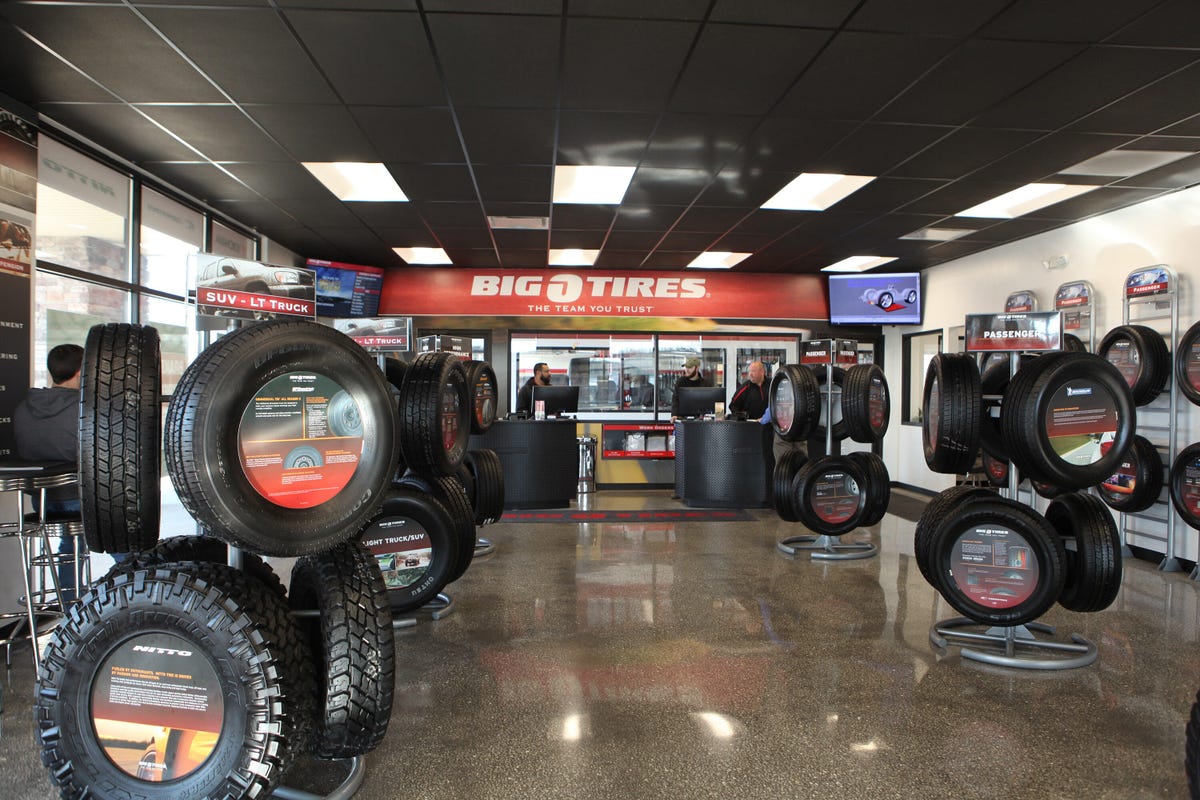Top Quality Tire Shop Morris: Your Go-To Location for Tire Demands
Tire Solution: Understanding Tire Pressure Tracking Equipments
Understanding Tire Pressure Surveillance Systems (TPMS) is an important aspect of maintaining optimum vehicle performance and safety on the road. With improvements in automobile modern technology, TPMS has actually become a typical function in modern vehicles, supplying real-time information on tire pressure degrees.

Relevance of TPMS
The value of Tire Pressure Tracking Equipments (TPMS) exists in their ability to improve vehicle safety and security and efficiency through real-time tracking of tire pressure levels. Keeping the proper tire stress is essential for ensuring optimum handling, stopping, and total safety and security of an automobile. TPMS offers motorists with prompt comments on any type of underinflated or overinflated tires, enabling timely changes to be made.
Elements of TPMS
Sensing units are usually located in the tire valve stem or attached to the wheel setting up, where they determine tire stress and send information to the control module. Some advanced TPMS models also present the real tire stress readings for each tire, offering chauffeurs with real-time info to make sure optimum tire performance and security. By monitoring tire pressure constantly, TPMS aids avoid accidents, minimizes tire wear, and enhances gas performance, making it an essential element for automobile safety and security and efficiency. morris tire and alignment.
Sorts Of TPMS

On the other hand, indirect TPMS counts on the car's wheel speed sensors to keep track of tire stress. This system detects underinflation by contrasting the rotational rates of the wheels. Indirect TPMS is much less pricey than straight TPMS, as it makes use of existing sensors within the vehicle.
While straight TPMS supplies a lot more accurate analyses, indirect TPMS is easier in design and usually needs less maintenance. Both systems have their benefits and restrictions, and the selection between them frequently depends upon factors such as expense, lorry make, and individual preference. Understanding the differences in between these two sorts of TPMS can help car proprietors make educated choices concerning tire upkeep and safety and security.
TPMS Upkeep Tips
Conduct routine checks on the tire pressure degrees and contrast them with the TPMS analyses to guarantee they are constant. Throughout tire rotation or substitute, make certain that the TPMS elements are handled meticulously to avoid any type of possible damage. If the TPMS advising light brightens on the dashboard, address the problem without delay by checking more the tire stress and the overall system for any faults.
Advantages of Appropriate Tire Pressure
Maintaining proper tire stress, as stressed in TPMS Maintenance Tips, is essential for enjoying the countless advantages connected with optimum tire stress levels. Among the key benefits of preserving the right tire pressure is boosted fuel effectiveness. When tires are appropriately blown up, there is less rolling resistance, bring about far better gas economic situation. In addition, correct tire pressure guarantees also tire wear, extending the life-span of the tires and advertising much safer driving problems. With the appropriate tire pressure, lorries also have better handling and grip, especially in unfavorable weather. This can boost general driving performance and security for the chauffeur and travelers. Keeping optimum tire stress can add to a smoother and much more comfy ride by lowering vibrations and sound triggered by underinflated tires. In final thought, the advantages of proper tire stress exceed just tire durability; they include boosted fuel efficiency, enhanced safety, much better lorry efficiency, and overall driving convenience.
Conclusion
In final thought, comprehending tire pressure tracking systems (TPMS) is vital for maintaining ideal tire pressure and ensuring car safety. By recognizing the significance of TPMS, recognizing with its parts, understanding the different kinds available, sticking to appropriate upkeep pointers, and understanding the advantages of maintaining correct review tire pressure, vehicle drivers visite site can improve their driving experience and extend the life-span of their tires. Appropriate tire stress is vital to risk-free and efficient vehicle operation.
